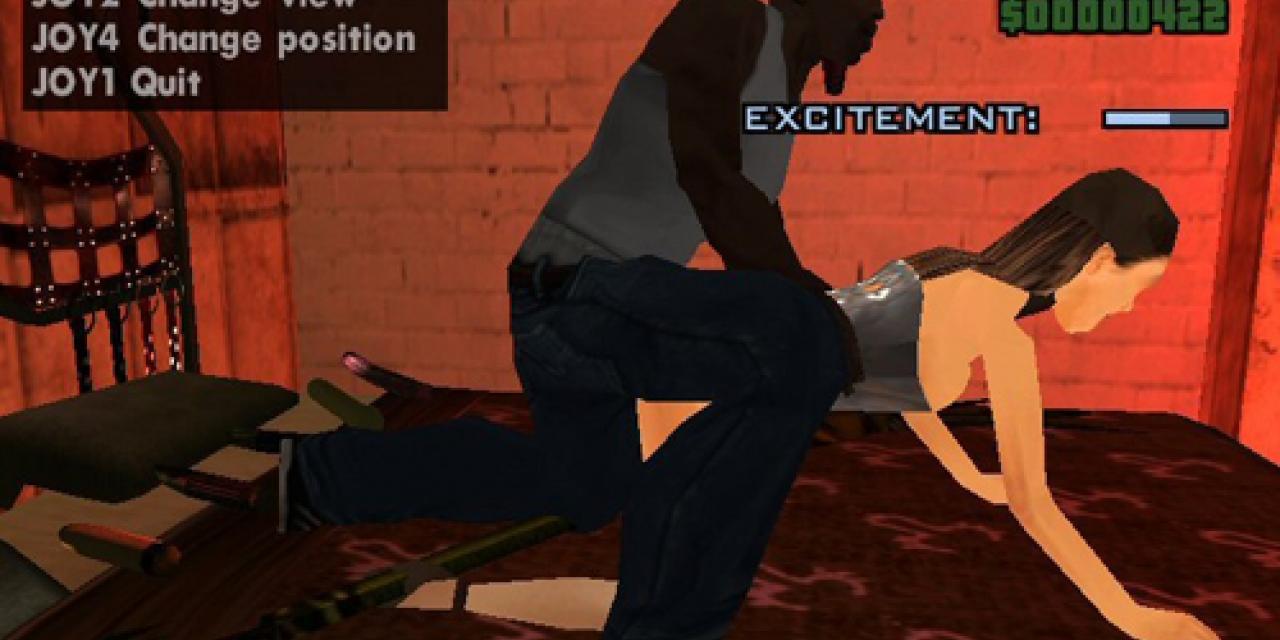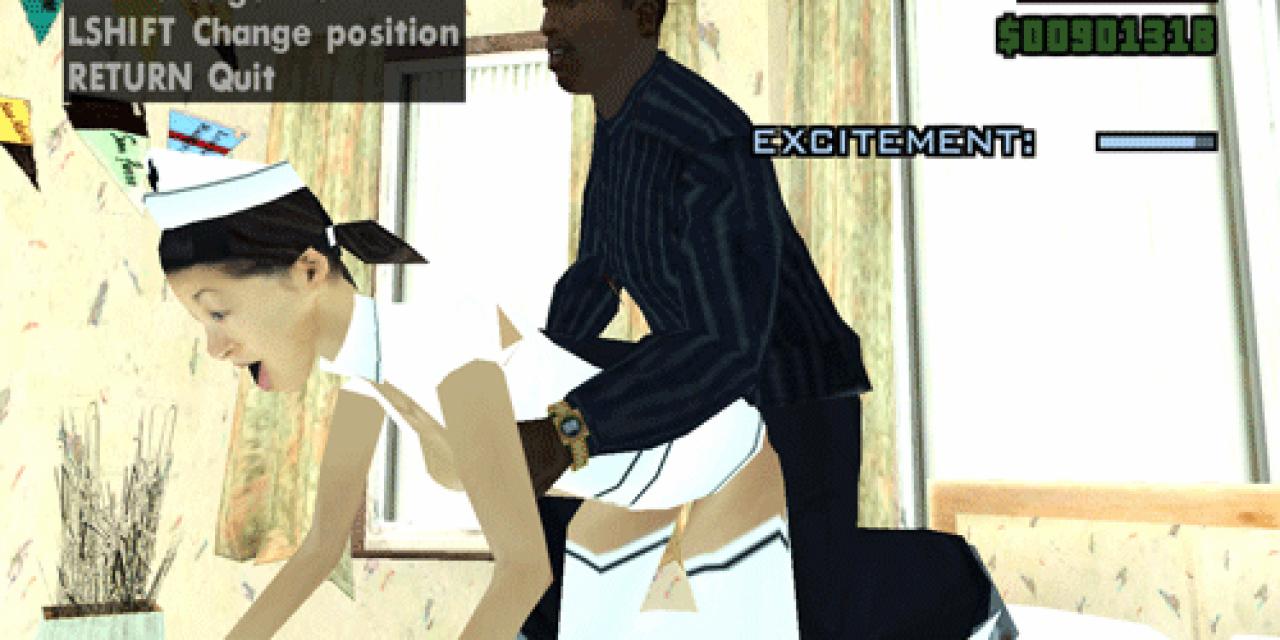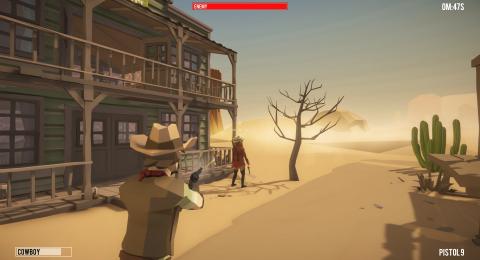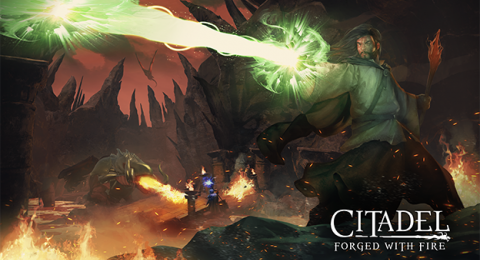


Take-Two Interactive today announced the settlement of all consumer class action lawsuits pending in the United States related to the notorious Hot Coffee Mod.
Hot Coffee Mod is a fan developed game modification which allowed players to play an adult-themed minigame that Rockstar created and hid.
If the proposed settlement receives preliminary and final approval from the United States District Court for the Southern District of New York, all claims in these lawsuits will be dismissed without any admission of liability or wrongdoing by Take-Two or Rockstar.
Under the terms of the settlement, class members will be able to claim benefits if they swear that they: (a) bought a copy of Grand Theft Auto: San Andreas before July 20, 2005; (b) were offended and upset by the ability of consumers to modify and alter the game's content using the third-party Hot Coffee modification; (c ) would not have bought the game had they known that consumers could modify and alter the game's content using the third-party Hot Coffee modification; and (d) would have returned the game, upon learning the game could be modified and altered, if they thought this possible. Settlement class members who attest to these facts may apply for benefits that range from an exchange of the game disk for an edited copy of Grand Theft Auto: San Andreas to a cash payment of up to $35 for consumers who submit detailed proofs of purchase.
The actual value of all cash payments under the settlement will depend on the number of class members that apply for benefits. Take-Two has committed to spend at least $1.025 million on settlement benefits, and the settlement generally caps the defendants' out-of-pocket costs at no more than $2.75 million, in addition to the costs of providing notice to class members and paying a fee to plaintiffs' counsel. The Company previously established a reserve sufficient to substantially cover the expected cost of the settlement and related expenses. The full settlement terms will be described in the parties' Settlement Agreement, which the plaintiffs are expected to file with the Court in mid-November when they seek preliminary approval for the settlement.
"If the case had continued, we believe the court would have agreed that Take-Two was not liable for consumers acting independently to modify their games with third-party hardware and software to access normally inaccessible content," said Ben Feder, Chief Executive Officer of Take-Two. "Nonetheless, we believe it is in the best interest of the Company to avoid protracted and costly litigation to prove our case and to finally put this matter behind us."








